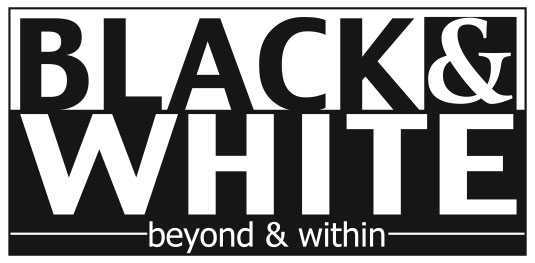
By Colonel Abdul Wahab Al Balushi (Retd)
Human beings are creatures of habit
We wake up in the morning; we eat our breakfast and then hurry to our workplace. Then in the afternoon, we take a lunch break, perhaps another tea or coffee break and when the work gets over, we rush back home to our families.
For some of us, it can be a nine-to-five routine; others stick to slightly different timings, but still a routine.
This is the norm for many of us. How did this pattern come into existence? Shouldn’t the biological process of hunger trigger these deadlines, rather than a pre-set schedule that we all follow? Were all these rules, regulations and schedules created for the general good of the community?
Or did science come in with scientific steps that would assist the human biological process in an era, when it was still nascent?
Put on your thinking hat
When you put on your thinking hat, you will realise, your hunger is triggered only by the clock, because you have become a creature of habit that have been in existence for many years! A common scale was used to channelise the societal behaviour for the good or for the bad; or for altogether another reason, like the economy and progress of the society!
If you break down your thoughts analytically, it is simple; as living beings, we all have needs. We need to eat and so we eat. As social creatures, we like to talk and communicate with one another and so we talk. And yes, there are various other behaviours that are just as complicated, if not more so.
Maybe, that is how our ancestors thought; how on earth do we get all of this done? So habits were created, patterns were woven in, discipline structures were activated and so came in the societal time-clocks.
The waiting game
They say time and tide wait for none. Alas, we wait for everything, for the bus or taxi we use to commute to work, or to school, to the meal ordered at the restaurant; to get a job done at a government office. But, here, what are we waiting for?
Set your own alarms
Have we become too scared to break the set patterns and create our own paths and schedules, to get out of the self-made comfort zones? Habits are extremely hard to change and scary too. Do bear in mind that habits are not mindless repetitive routines we follow. It is created by the environment and hundreds of years of evolution that created a refined educated and progressive society today.
But again today, if we attempt to create a change, we can successfully break through the hundred years of set patterns and evolve in a better, individualistic behaviour. Re-evaluation of the habit-phenomenon is just a part of growing; so it is very much okay to set your own alarms and evolve to a newer living.
Try it – you might wake up into a whole new and different world!

0 Comments